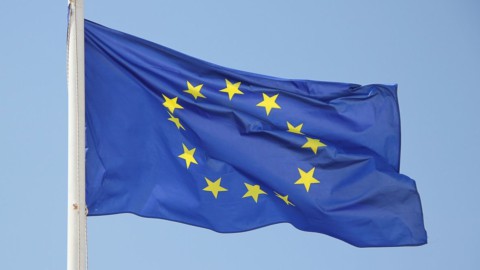Il Month, the new European mechanism for the stability of states, has become a new loose cannon for the government majority. Yesterday, during a meeting of the Chamber Commission, i Five stars they said plainly that, as it looms, they do not intend to approve the Mes and that Prime Minister Giuseppe Conte does not have their support. More: they accuse her of having negotiated with Europe a risky measure for Italy which Giampaolo Galli, the Bank of Italy school economist who leads the Observatory on public accounts, had also spoken of in the Commission, but in a completely different key.
The Five Stars, in the wake of the League and Meloni, are not willing to give the green light to the Mes even if the Government will try to convince them with a hearing in the Commission, scheduled for next Wednesday, by the Minister of the Economy, Roberto Gualtieri, which – in harmony with Conte – he supports instead the new State Stability Mechanism which allows Europe to intervene when a country's debt endangers the entire framework of the EU. Gualtieri will reply to the criticisms coming both from the Five Stars and from the right-wing opposition, arguing that the new Mes does not increase the risk of debt restructuring, which would involve great sacrifices for Italy.
On the reform of the Mes, there is for now a pre-agreement at European level, at the time subscribed by Conte government 1 with the support also of the League (although now Matteo Salvini is even accusing Conte of "betrayal" for having given the political green light to the agreement). That pre-agreement will have to be examined by theEurogroup of 4 December and then be approved unanimously by the summit of heads of state and government on 13 December before the ratification of National Parliaments.
Here is a summary of what the reform of the Mes provides:
- The new version of the Mes provides that, in the event of bank resolutions, the Mechanism becomes the lender of last resort, as requested by France and Italy.
- Sui sovereign bailouts a country who asks for help must submit to an austerity program, as already foreseen, but the Troika leaves the scene (with the ousting of the IMF).
- As for the aid to a state in difficulty, access to "precautionary" credit lines will be guaranteed without any commitment on austerity (as opposed to today) to countries with deficits below 3% and debts below 60%. However, Italy has obtained a note that could also obtain support for a country (like ours) that is not in line with the Maastricht parameters. If the correction does not work, to obtain aid we would have to adhere to an "advanced" austerity program, which includes budget tightening and reforms.
- Speculators will have to pay duty in case of debt restructuring, which will then be less difficult. According to some, the novelty would lead to an increase in the risk for Italian securities, but the Treasury rejects this thesis: restructuring is possible but no more probable than before.
According to Palazzo Chigi, the reform of the Mes only makes sense if it is included in an overall framework that also includes the completion of the banking union, with the necessary counterweights.
Now everything is in the hands of Parliament. If the majority approves a motion to prevent the Prime Minister from signing the Treaty, Conte in Brussels will ask for a postponement. In this way, the Government would avoid a danger, because in the event of a European green light for the new Mes by December, the reform would have to be ratified by Parliament at the beginning of 2020. And at that point the stability of the executive would be at risk.





